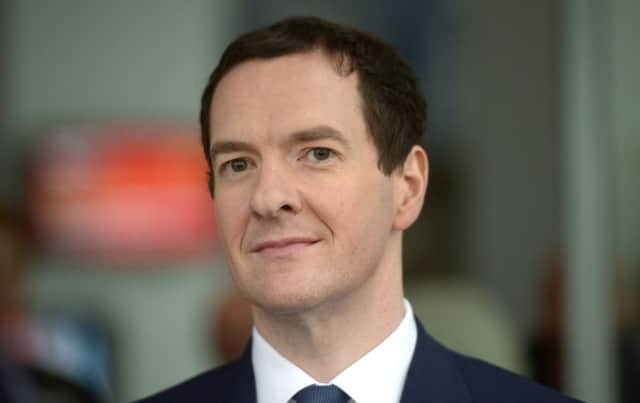Osborne reveals Brexit '˜contingency planning'


Mr Osborne told MPs that his officials were working on various aspects of the impact of a Leave vote in the June 23 referendum as he was grilled by the Commons Treasury select committee.
David Cameron has been criticised for insisting that civil servants were not planning for the eventuality, despite warning that it would be catastrophic for the country.
Advertisement
Hide AdAdvertisement
Hide AdAs recently as Tuesday his spokesman told reporters: ‘’We are not doing any contingency planning for the referendum being a vote to leave.”
In his evidence to the committee, Mr Osborne said: “I think there would be very significant financial volatility around a vote to leave, and the Bank of England and the Treasury are doing quite a serious amount of contingency planning for the impact on financial stability in the aftermath of a vote to leave.
“I don’t think it’s appropriate to go into too much detail on that, but we have made public various things, like the fact we would have additional liquidity auctions.”
The Bank of England previously announced measures it would put in place to shore up the banking sector against any turbulence caused by a vote to leave.
Advertisement
Hide AdAdvertisement
Hide AdTreasury sources said at the time that the announcement had not been co-ordinated with the Chancellor.
Asked if the Bank might consider another round of quantitative easing in the event of Brexit, Mr Osborne said: “We are undertaking a lot of contingency planning for the immediate financial stability consequences if the country were to vote to leave.
“That would have a number of impacts on our financial system. It would be for the Monetary Policy Committee to make its decisions on both the bank rate and also things like quantitative easing.”
Mr Osborne denied he was “fiddling the figures” as he firmly defended an official Treasury analysis which set out the potential damage to the economy that could be caused by Brexit.